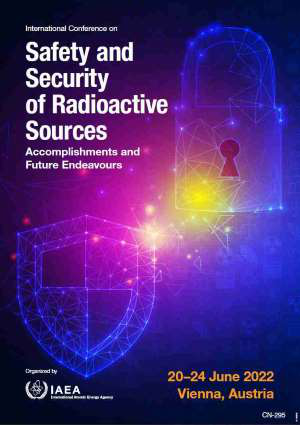Speaker
Description
The prescriptions of radiation protection standards ensure the protection of users and medical personnel. They are applicable in all IAEA member countries, developed as well as non-developed. But the conditions of compliance are easier in developed countries than in developing countries because of the difficulties in the latter, linked to insufficient resources causing organizational problems.
Certain standards application problems are linked to medical devices whose prescriptions are not unanimously respected in the design phases. The repercussions in non-developed countries are unknown and are not reassuring.
Analyzing some of these standards with regard to underdeveloped countries can raise questions that are useful for the production of standards.
These are the risks associated with technological innovations in radiotherapy (I), and Conditions for an evaluation of medical devices in developing countries (II).
I- Risks associated with technological innovations in nuclear medicine
Medical technology is advancing rapidly and this leads to a need for training health professionals specializing in nuclear medicine. The training recommendations for healthcare professionals do not create any liability in the event of a failure. In underdeveloped countries, the training of professionals in radiotherapy at the rate of innovations is timid and specialties are scarce.
Recommendation: to ensure effective training of nuclear medicine professionals, it is necessary to master the data relating to the design and use of medical devices and to involve civil electrical engineering organizations in the training process
II- Conditions for an evaluation of medical devices in developing countries
…The evaluation of medical devices is a prescription that is not standardized with regard to the different manufacturers. Yet it could play an important role in the protection of users of nuclear medicine because more quality medical devices lead to less risk of error. But especially in developing countries, errors should be known and mastered in real time. Likewise, nuclear medicine professionals must have a mastery controlled by technicians specializing in electrotechnology in order to assess the quality of medical devices with the electrotechnical organizations and the organization for regulating errors in radiotherapy systematically recorded.
Recommendation: to create the conditions for a better assessment of the quality of medical devices in developing countries, the errors encountered in radiotherapy should be known and shared in a platform shared with the various actors, involving national civil organizations in the field of electrical engineering and regulatory organization in the same work.
| Country OR Intl. Organization | Sénégal |
|---|

